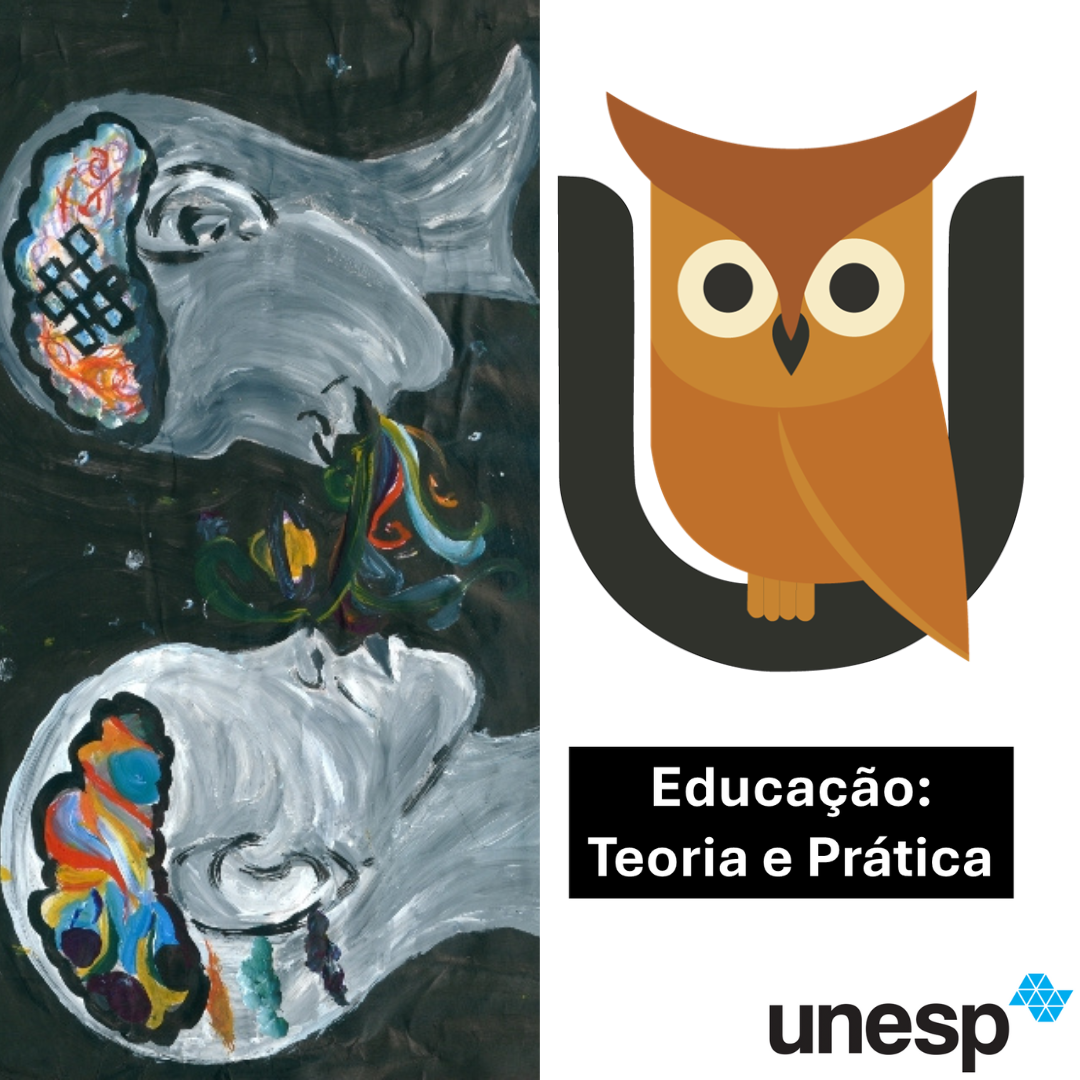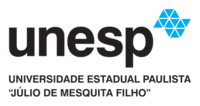PNAIC CONTINUING EDUCATION: EVIDENCE OF PRACTICISM IN DEBATE
DOI:
https://doi.org/10.18675/1981-8106.vol29.n60.p26-46Keywords:
Formação Continuada. Professor-Alfabetizador. PNAICAbstract
As part of a research which focuses on the investigation of the continuing education in the National Pact for Literacy in the Right Age (PNAIC), that was implemented in 2012 as a formal agreement between federal, state and municipal governments aiming at the literacy of all children up to eight years of age, this article seeks to discuss points highlighted by teachers who participated in the PNAIC training course. Delimited in the qualitative perspective of research, the study was based on the analysis of the official documents that guide the training proposed by the PNAIC, as well as in the analysis of semi-structured interviews developed with municipal teachers of a southern city of the state of Minas Gerais. Data analysis showed that, in the teachers' speech, there is a strong feature of practicism, in which the action over reflection is emphasized, as well as practice over theory, against the principles announced in its design. The teachers prioritized practical aspects, preferring activities focused on "How to do" and the study of examples, in detriment of reflection moments that could allow a review of the practice itself by the teacher based on theoretical debate of concepts. Keywords: Continuing Education. Practicism. PNAIC.Additional Files
Published
How to Cite
Issue
Section
License
Authors who publish in this journal agree to the following terms:
a) Authors assign copyright to the journal, with the work simultaneously licensed under the Creative Commons Attribution License that allows sharing of the work with acknowledgment of authorship and publication in this journal.
b) The policy adopted by the Editorial Committee is to assign copyright only after a period of 30 months from the date of publication of the article. After this time, authors interested in publishing the same text in another work must send a letter to the Editorial Committee requesting the release of the assignment of copyright and wait for a response.
c) This journal provides public access to all its content, since this allows greater visibility and reach of published articles and reviews. For more information on this approach, visit the Public Knowledge Project, a project that developed this system to improve the academic and public quality of research, by distributing OJS as well as other software to support the public access publication system to academic sources. The names and email addresses on this website will be used exclusively for the purposes of the journal and will not be available for other purposes. This journal provides open any other party  This work is licensed under a Creative Commons License
This work is licensed under a Creative Commons License










